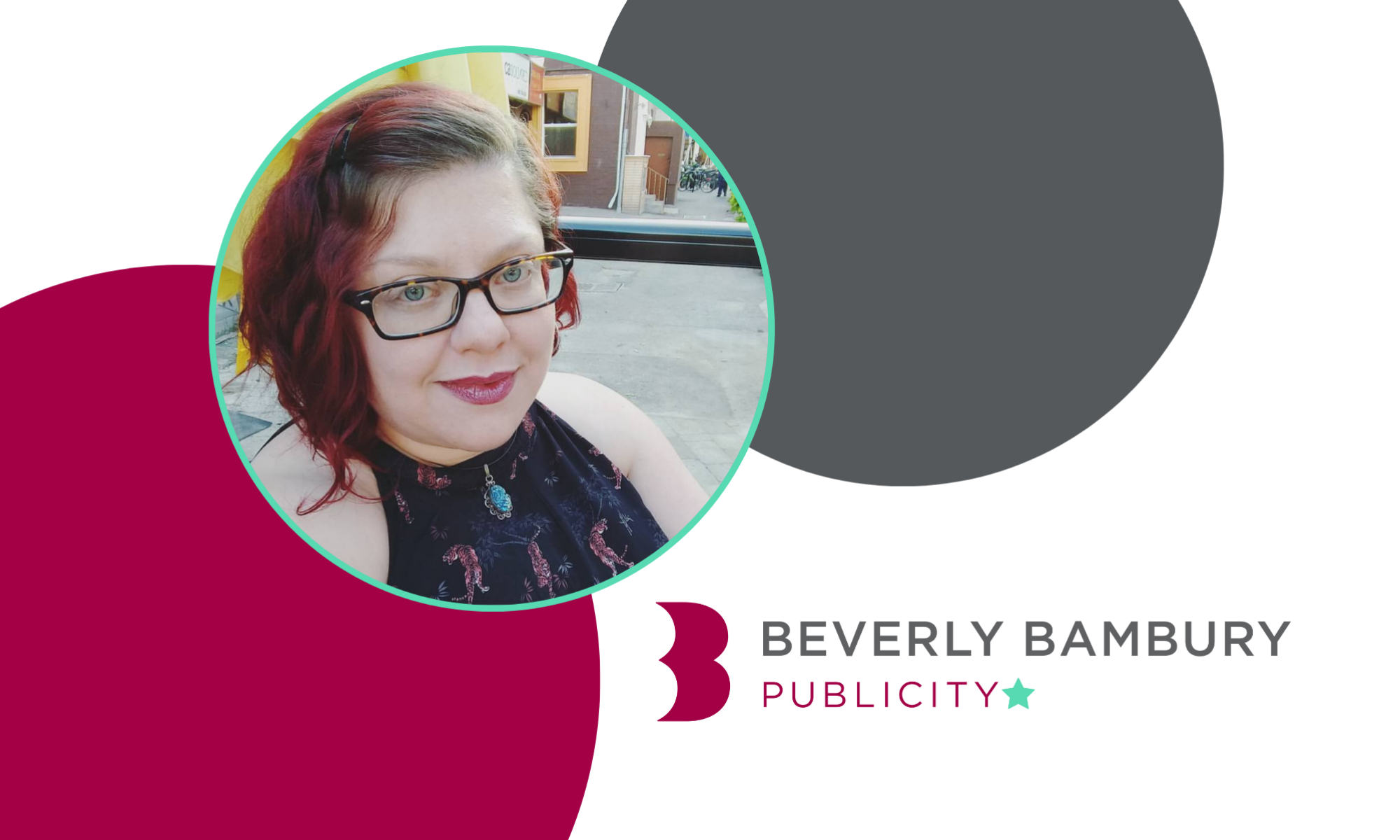I haven’t contacted as many traditional media outlets as I have websites and bloggers for publicity–if for no other reason than traditional media is on a decline or integrating with online media–but, as it turns out, the secret is that there isn’t much of a secret. It still remains connections, politeness, reading directions, and being an all-around good human being.
I go into some of this in my earlier article 5 Steps to a Quality Blog Tour, but here is more info with an eye toward bigger sites/traditional media publicity queries.
Connections
The main difference I’ve found with my work is that personal connections and networking count for even more with bigger publications, print, television, or otherwise. It’s not impossible to get into a major spot without connections; but it’s much, much harder. I had a campaign recently that didn’t go as well as I’d have liked, because it was outside of my usual industry and I had almost no connections. I got some traction, but it wasn’t even close to my usual success rate.
Politeness
I am sad I even have to say this, but horror stories I hear time and time again show me it’s still necessary. Say please. Say thank you. Don’t be a jerk. Related to politeness:
Empathy
You’re hoping for the best, naturally. You may even feel a lot of stress because you put so much of yourself (time and money) into your project. Those are all real and valid things and it’s OK to feel them. What you mustn’t lose sight of is that each of the people you’re querying are also human beings with lives, hectic jobs–and often more than one of those. They are really busy, and you are not even close to the only person querying, so be patient and remember that everyone else’s world doesn’t revolve around you and your creation, even when you wish it were so.
RTFM
If you don’t know what RTFM is, go to Google. I’ll wait. For those of us who do know, though, you’ll get it. Most places have submission or query guidelines, or at least a note about whether they are even open to hearing from you. Please follow the instructions. If you can’t find instructions, they have enough content and aren’t specifically looking for more. This is where your connections and networking come in.
Following Up Appropriately
Following up is a tricky one. I see conflicting info out there, but I think it’s safe to say that if you send one query and you don’t hear back for two to three weeks, it’s OK to send a very brief follow-up, but don’t send any more if you don’t hear back.
An example of a brief follow up might be just asking if a (solicited or accepted post-query!) review copy was received. Don’t ask when the review is happening, or if it’s happening. That’s up to them, not you.
Note: if you send a press release or an unsolicited review copy, don’t follow up. With the advice above, I am only talking about emailed queries asking for publicity or asking permission to send a review copy.
Creators/authors: any experiences or tips that you want to share?
Journalists/bloggers: any thoughts on the way you prefer to be approached–especially with regard to following up?
I’d love to hear from you. You can post in the comments or contact me.
Also, coming soon, my new column about marketing your book, comic, movie, and (of course) yourself.
